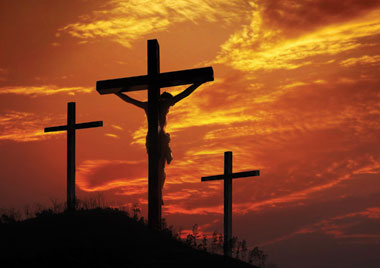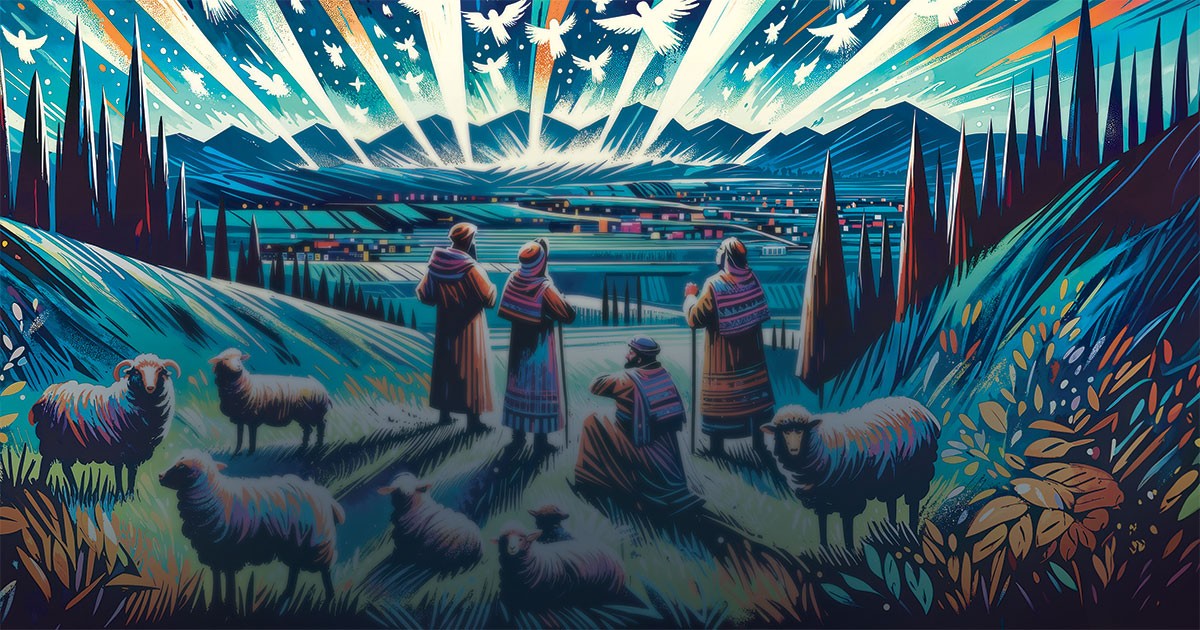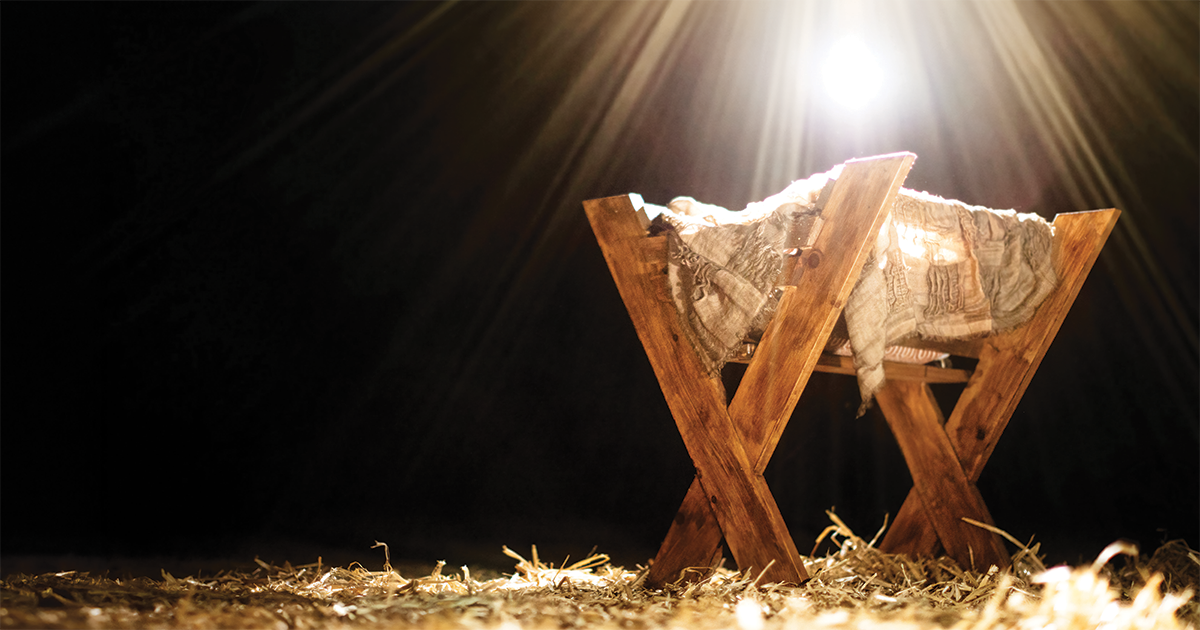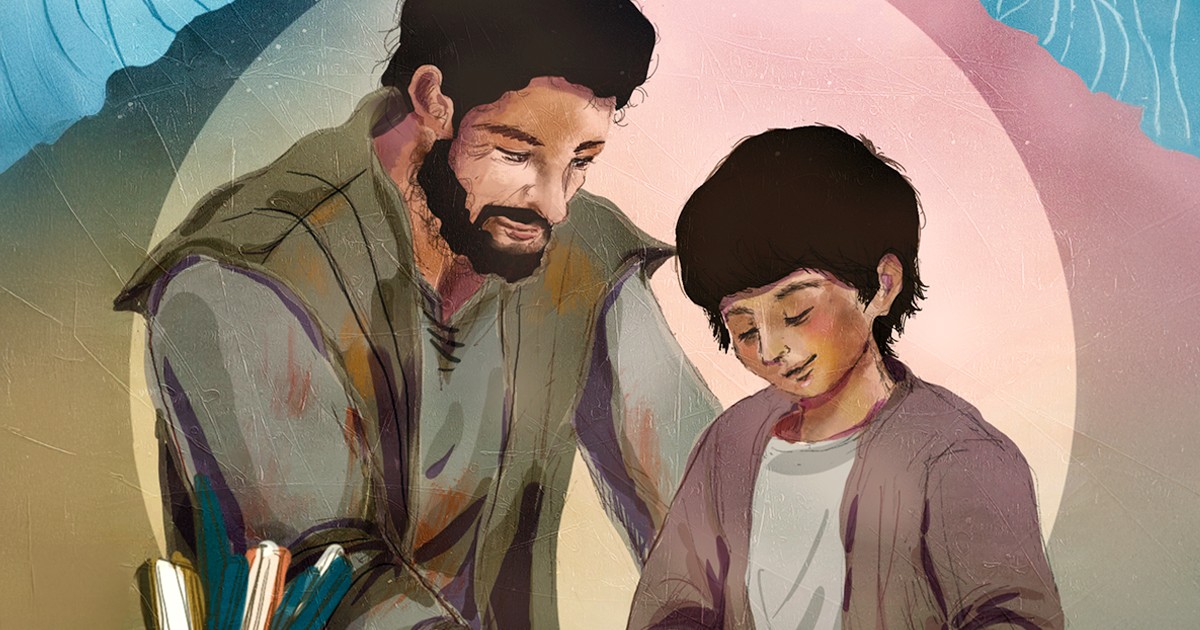 The early morning is a strange time. It can be filled with positive expectation or deep apprehension. How are you, early in the morning?
The early morning is a strange time. It can be filled with positive expectation or deep apprehension. How are you, early in the morning?
The 15th chapter of Mark's Gospel opens with the words, “Very early in the morning,” and then goes on to tell us what took place in those history-splitting pre-dawn moments. The Son of God, the Lord Jesus Christ, had been arrested in the night by Jerusalem temple guards who had known where to find him because his close friend and follower, Judas, had betrayed him for 30 pieces of silver. His yet more trusted friend, Peter, had openly denied even knowing him. The high priest in Jerusalem questioned Jesus in public and judicial condemnation soon followed.
“Very early in the morning,” Jesus, your Saviour and mine, was handed over to the Roman occupying forces, for final judgment. The governor, Pilate, interrogated Jesus but could extract no replies. Jesus was like an innocent, defenceless lamb led to the slaughter. By this stage he did not even open his mouth to speak. Urged on by the early morning crowd, Pilate delivered Jesus to the executioners. To curry favour with the subjugated but volatile citizens, the governor then released from prison a known killer, their compatriot, Barabbas.
All of this “early morning” action was but a precursor to Golgotha, the place where Jesus would die. They mocked and abused him first. They thrust a crown made of long thorny spikes onto his sacred forehead. They offered him sarcastic homage. Then came history's most tragic, poignant walk—all the way, outside the city walls, to Golgotha on Calvary hill. There, with two common thieves, Jesus was put to death by crucifixion, a cruel and exceptional punishment by today's standards. They hammered nails into his hands and feet, then raised him up on the cross to hang in slow suffocation as his body slumped downward. At the very end, six hours later, he muttered words to his Father in Heaven asking forgiveness for his persecutors.
Jesus knew exactly what he was doing. He faced it all with determination—for our sakes!
“Very early in the morning” is a good time to ponder these events. Jesus himself was accustomed to rising early in the morning to seek out the presence and the face of God the Father.
Pre-dawn, for some, is a time for dubious deeds. It was like that for the arresting guards and their masters. It was as though their plotting needed to be done in secret and completed in a hurry. The goodness of Jesus was to them a threat, not a blessing.
How do you see it all? In the stillness and objectivity that come “very early in the morning,” how does it all look to you? Do the events of that night and the next day, as recorded in the Scriptures, arouse your emotions? Do you feel the ugliness and injustice of it? Do you feel the tragedy and pity of it? Yet at the same time there is another dimension to our responses, a subtle sense of gratitude that it happened, a growing sensation deep within, witnessing to our personal realization that Jesus knew exactly what he was doing. He faced it all with determination—for our sakes! It was all out of holy love for the fallen human race!
“Very early in the morning” we begin to see also the growing light of a new dawn. It is the glow of the Resurrection morning and the empty tomb. Calvary was a beginning, not an ending!
It is good to come to Calvary early in the morning. It is always good to come to the Lord early in the day, each and every day. Now, our risen and ascended Lord awaits our approach, and a smile of loving approval comes early to his face. I pray that his smile and his forgiveness may rest upon each one of us this Good Friday and this Easter Day.
 General Shaw Clifton leads The Salvation Army's work in 117 countries around the world.
General Shaw Clifton leads The Salvation Army's work in 117 countries around the world.









Leave a Comment